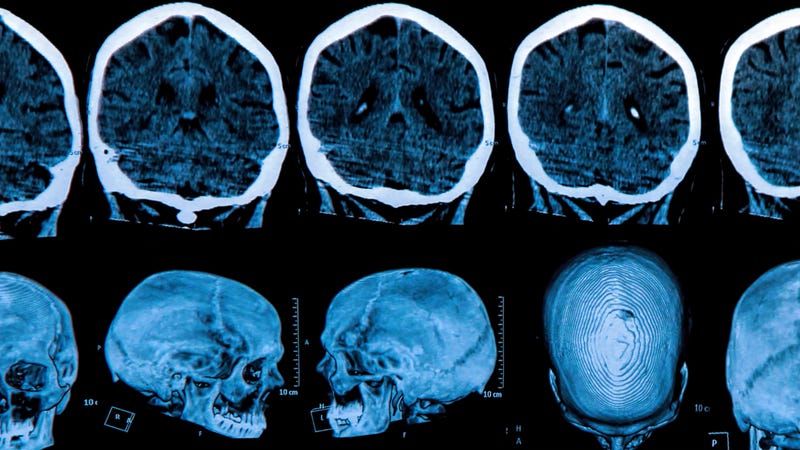
PHILADELPHIA (KYW Newsradio) — Researchers at a university in London said they have been able to slow the devastating effects of Huntington’s disease using gene therapy delivered during brain surgery.
Huntington’s disease impacts 75,000 people in the US and Europe. It is a degenerative disease, causing deficits in thought, memory, muscle control and mental health — and it is always fatal.
A study at the University College London Huntington’s Disease Centre, however, could have an impact on those with the disease. Researchers there said they have been successful at turning the brain into its own self-defense pharmacy.
“This is a huge moment in the Huntington's disease community. So we've done many clinical trials in the past trying to find treatments that have the potential to slow the progression of Huntington's and this is the first time we've ever seen that possibility,” said Dr. Aaron Lasker, an associate professor of clinical neurology at the University of Pennsylvania.
“Huntington's Disease is caused by one specific gene and this trial that we're talking about … is a genetic treatment specifically targeting that Huntington's disease gene”
According to Lasker, the procedure is complicated, requiring 12 hours or more of brain surgery.
“It's a long neurosurgery and an inactivated virus is actually infused into the deep parts of the brain where we believe the Huntington's disease changes begin,” Lasker explained.
“That virus actually basically teaches the brain cells to start producing their own medicine to block the effects of the Huntington's gene.”
Lasker said the company involved is asking the FDA to fast track the drug, but the FDA may require more tests.
“To know there are a lot of unknowns still about whether or not and when this will be approved, and the rollout of a new, really groundbreaking therapy like this is probably going to take time.”
